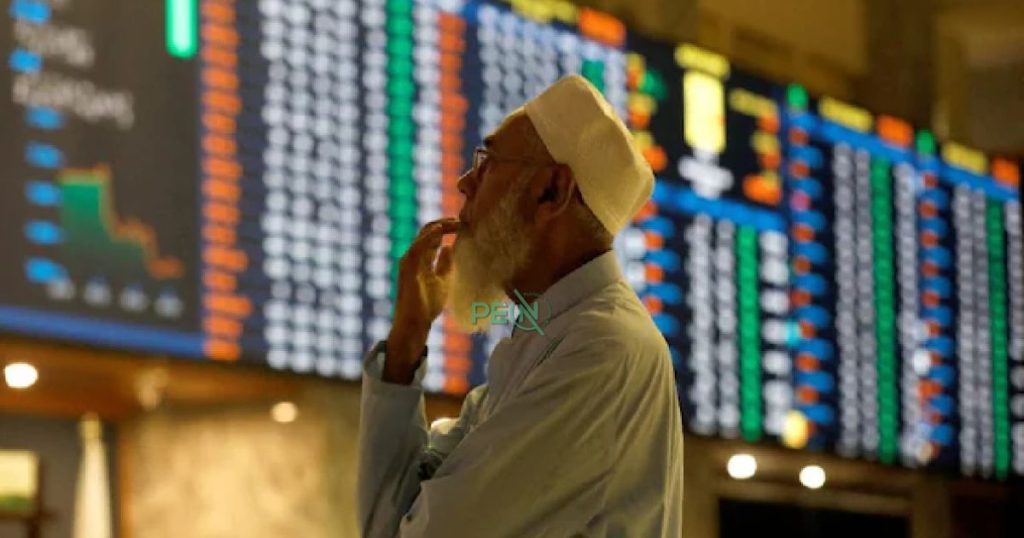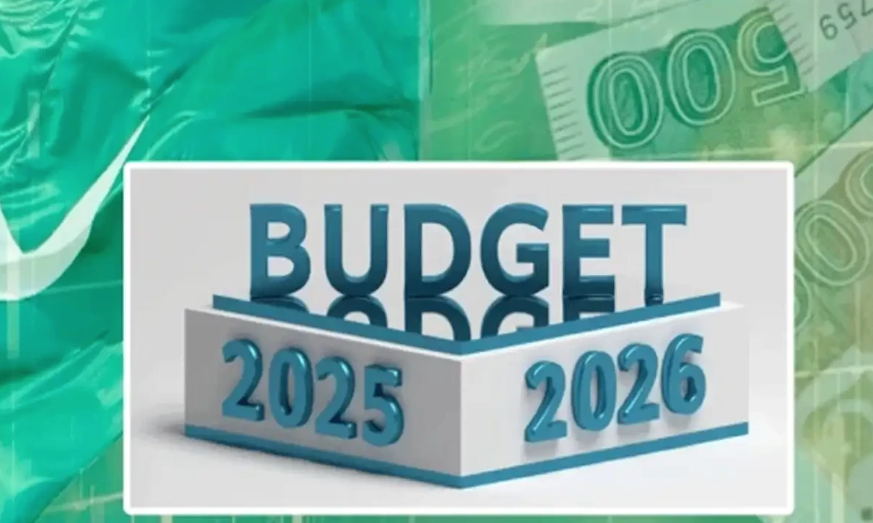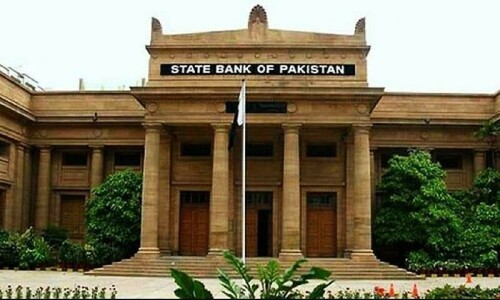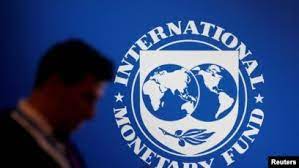TRADE & ECONOMY
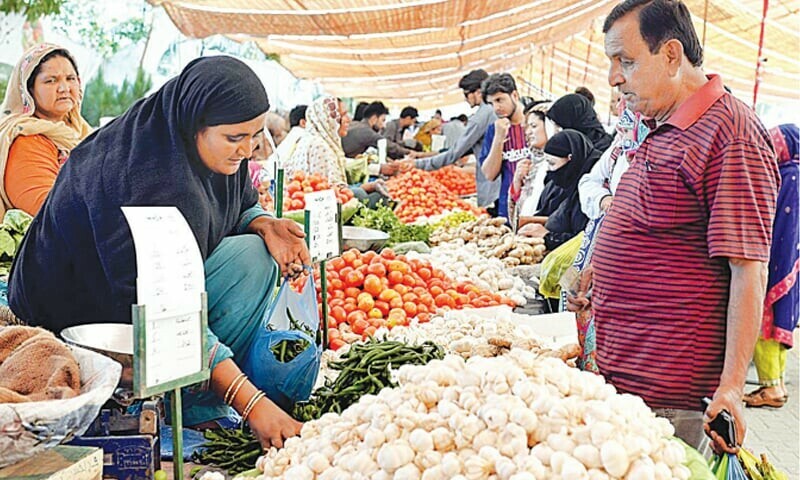
The annual price-checking campaign in Karachi once again fails to bring relief to consumers, as disparities between official and market rates persist. Despite efforts by bureaucrats, retailers continue to overcharge, taking advantage of weak enforcement and limited manpower.
With a population exceeding 20 million and thousands of retail shops, Karachi’s price-monitoring task force consists of only 69 officials, including deputy commissioners, assistant commissioners, and Mukhtiarkars. To strengthen the campaign, Karachi Commissioner Syed Hassan Naqvi deployed 74 additional officers (BS-17) across the city’s seven districts. However, it remains unclear whether these officers have magisterial powers to impose fines or if they merely report violations to deputy commissioners.
Even with these reinforcements, price control remains an uphill battle. The city administration claims to have taken action against 2,698 profiteers in the past 15 days, arresting 137 and sealing 114 shops. Prices were checked at 15,737 shops, and fines totaling over Rs30 million were imposed. However, considering the vast number of markets, retailers, and street vendors operating in Karachi, these efforts have had minimal impact.
Retailers, particularly fruit vendors, exploit the high demand during Ramazan, knowing that a fine of Rs5,000-10,000 can easily be recovered within hours as buyers flood the markets after Asar prayers. The limited enforcement means that once a retailer is fined in the morning, they can resume overcharging throughout the evening without fear of further action.
To counteract the issue, the commissioner has introduced “Commissioner Karachi Counters” at major departmental stores, assigning revenue officials to monitor prices. However, the effectiveness of this initiative remains questionable. Additionally, concerns have been raised over the lack of transparency regarding the Rs30 million collected in fines, as no official report has disclosed how these funds are utilized.
Lack of Pre-Ramazan Price Monitoring
Another major flaw in the price control strategy is the absence of pre-Ramazan price checks. Historically, prices of essential commodities—fruits, vegetables, chicken, meat, and other staples—begin rising weeks before Ramazan due to hoarding and stockpiling by wholesalers and investors. Yet, authorities fail to take preventive action against artificial shortages and speculative pricing.
Consumer protection bodies, which are supposed to safeguard the public from price exploitation, remain inactive. Unlike other advocacy groups that organize protests or awareness campaigns, these organizations remain confined to their offices, failing to hold retailers and manufacturers accountable.
Retailers and Wholesalers Blame Each Other
While retailers face fines, imprisonment, and shop closures, wholesalers largely escape scrutiny. Karachi Retail Grocers Group (KRGG) secretary general Farid Qureshi argues that price lists are set without consulting retailers, with only major wholesalers from Jodia Bazar influencing the rates. He insists that retailers merely adjust their prices in response to rising wholesale costs.
Meanwhile, Karachi Wholesalers Grocers Association (KWGA) chairman Rauf Ibrahim emphasizes the need for stronger government intervention. He suggests that Karachi requires at least 5,000 officials to effectively regulate prices. He also criticizes the absence of political leadership, stating that elected representatives must visit markets, understand public grievances, and take action against inflation.
The Need for Stronger Enforcement
Experts argue that without strict enforcement, overcharging will persist. Rauf Ibrahim suggests sealing non-compliant shops for the entire month to prevent them from making instant recoveries. He also calls for the establishment of complaint centers in every market to facilitate consumer grievances.
The ongoing struggle to regulate prices during Ramazan underscores the government’s failure to implement a robust mechanism for price control. Until policymakers address structural flaws, consumers will continue to bear the burden of unchecked profiteering year after year.
